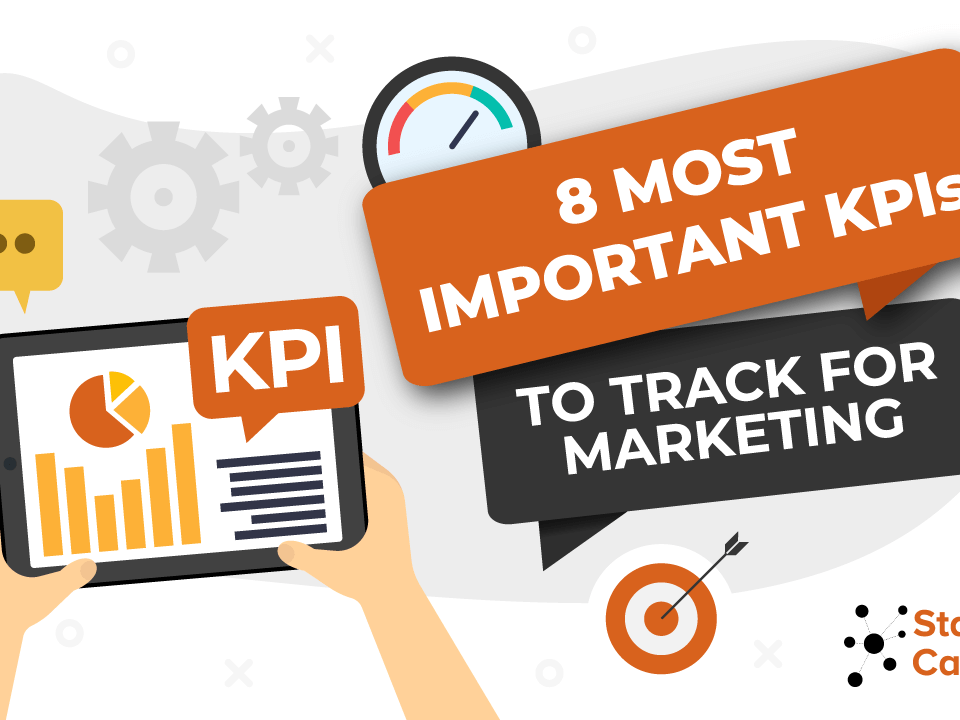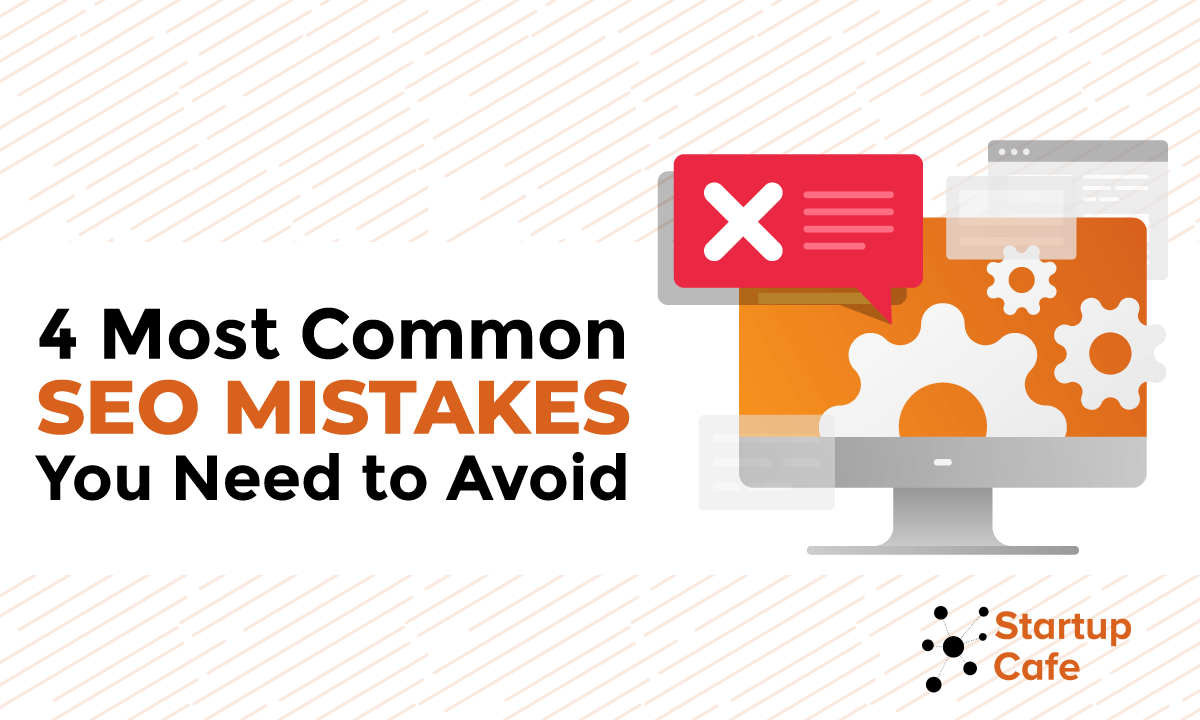6 Questions You Should Ask Your Future Social Media Manager
April 23, 201610 Best Twitter Chats for Marketers
June 10, 2016SEO has gained an important role as an online marketing strategy. While it’s true that the digital marketing landscape has radically changed as time passes, SEO remains to be an effective marketing strategy, virtually speaking. Needless to say, this status achieved by SEO in the marketing world is attributed to its numerous advantages.
Some of these advantages would be gaining increased traffic for your business and a provision of measurable and trackable results. Furthermore, SEO also improves site usability and brand awareness as it gains leads for your business through increasing audience engagement.
Because everybody has been so hyped up with what SEO could provide, myths have been circumventing on some of SEOs functions. As such, here are some dispelled SEO myths that you should start odding out.
6 SEO Myths You Should Stop Believing Right Now
- Your business won’t rank if you fail to claim your page. One cannot really get away with the annoying series of calls you’ll have to take, telling you to verify your page. The people on the line go on with a wrenching remark that your business will vanish on Google if gone unverified. Do not panic. Consider the authenticity of the people calling you. If you left the listing untouched before verification, your verification status will not impact your ranking at all. Paradoxically, we could even sometimes see unverified pages outranking verified ones. This one’s really an SEO fraud.
- Posting on Google plus will increase your ranking status. Contrary to what you have been told, posting on google plus does not really help much in elevating your ranking, unless your business name has been typed regularly by customers. Remember that google plus does not feature a link to your page to stream in the local pack.
- Maps SEO could be independently navigated away from Organic SEO. To set things straight, organic SEO cannot be done perfectly without maps optimization. To be organically okay yet not being able to find your reach in the local pack is definitely misleading. Maps SEO and Organic SEO are directly related. Any change in your page will have a direct effect on place in the ranking list. To address this, you should consult with a SEO company that understands how Google Maps and how the 3-pack words are related with each other.
- A huge service area does not mean ranking in all additional towns. Having Google set a service area to your business where you could track down customers via business radius does not directly affect your ranking. While it’s true that through the business radio you could track where to deliver, your ranking is still anchored on the town where you have set your business.
- You can decide whether to mark a closed location as closed or not. You really do not have a say on this one. Once you relocate, Google MapMaker will mark your past location as closed when somebody searches your business name. To verify your new location, just change your address name in your dashboard. Once you have this submitted and verified, Google My Business will mark your old location as moved.
- Google displays whatever information is listed in your Google My Business. Just like any other online account, you have the power to edit, conceal and publicize specific information by verifying it on GMB. Google verifies information by following the changes and inputs you have made on Google Maps and other third party data sources.
SEO remains to be a powerful online marketing tool. To get ahead of what you think you already know about SEO, have these to improve SEO marketing.
You should stop thinking that SEO is complicated. Clear your doubts with Startup Café’s SEO Plans.
Click here to learn more about what’s included in our SEO plans.




